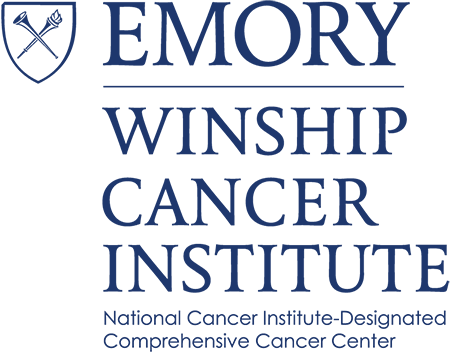In the last decade, the bone marrow microenvironment (BMME) composition in Multiple myeloma has emerged as a key factor affecting tumor progression and therapeutic outcomes. Therefore, studies mapping the spatial and single-cell BMME are critical to pin down the role of the microenvironment and its interaction with malignant cells in disease outcomes. Our team recently partnered with the MMRF Immune Atlas consortium to generate an in-depth characterization of the immune microenvironment of myeloma patients, capturing distinct profiles of cell types and subtypes from lymphoid, myeloid, and erythroid lineages. Our analysis revealed that high-risk cytogenetic abnormalities, such as t(4;14) and del(17p), significantly alter the immune microenvironment. We also identified multiple inflammatory alterations, such as the accumulation of CD8+ T effector populations, as predictors of outcomes independent of age or traditional cytogenetic risk factors. However, with single-cell RNA sequencing alone, it is difficult to establish the causal mechanisms behind these observations, as we lack the spatial context to confirm whether these immune populations are directly interacting with the malignant myeloma cells. To fill in the gaps left by the growing number of single-cell RNA sequencing studies for MM, in this study, we propose constructing comprehensive spatial maps of the MM-BMME using spatial transcriptomic and proteomics from MM patients with different cytogenetic risks (high risk versus standard risk). We aim to elucidate the spatial features associated with high-risk versus standard-risk cytogenetics (Aim 1), as well as response versus resistance toward immunotherapies (Aim 2). The successful completion of the study will provide new avenues for biomarker discovery and the development of personalized therapeutic strategies for improving myeloma outcomes.
Manoj Bhasin, MS, PhD
Professor Of Pediatrics & Biomedical Informatics
Emory School of Medicine
Director, Genomics, Proteomics, Bioinformatics, & Systems Biology
Children Healthcare of Atlanta
Director, Single Cell Biology Program
Aflac Cancer and Blood Disorders Center
Co-Director, Atlanta Single-cell Omics and Analytics Initiative (AScOMAI)


